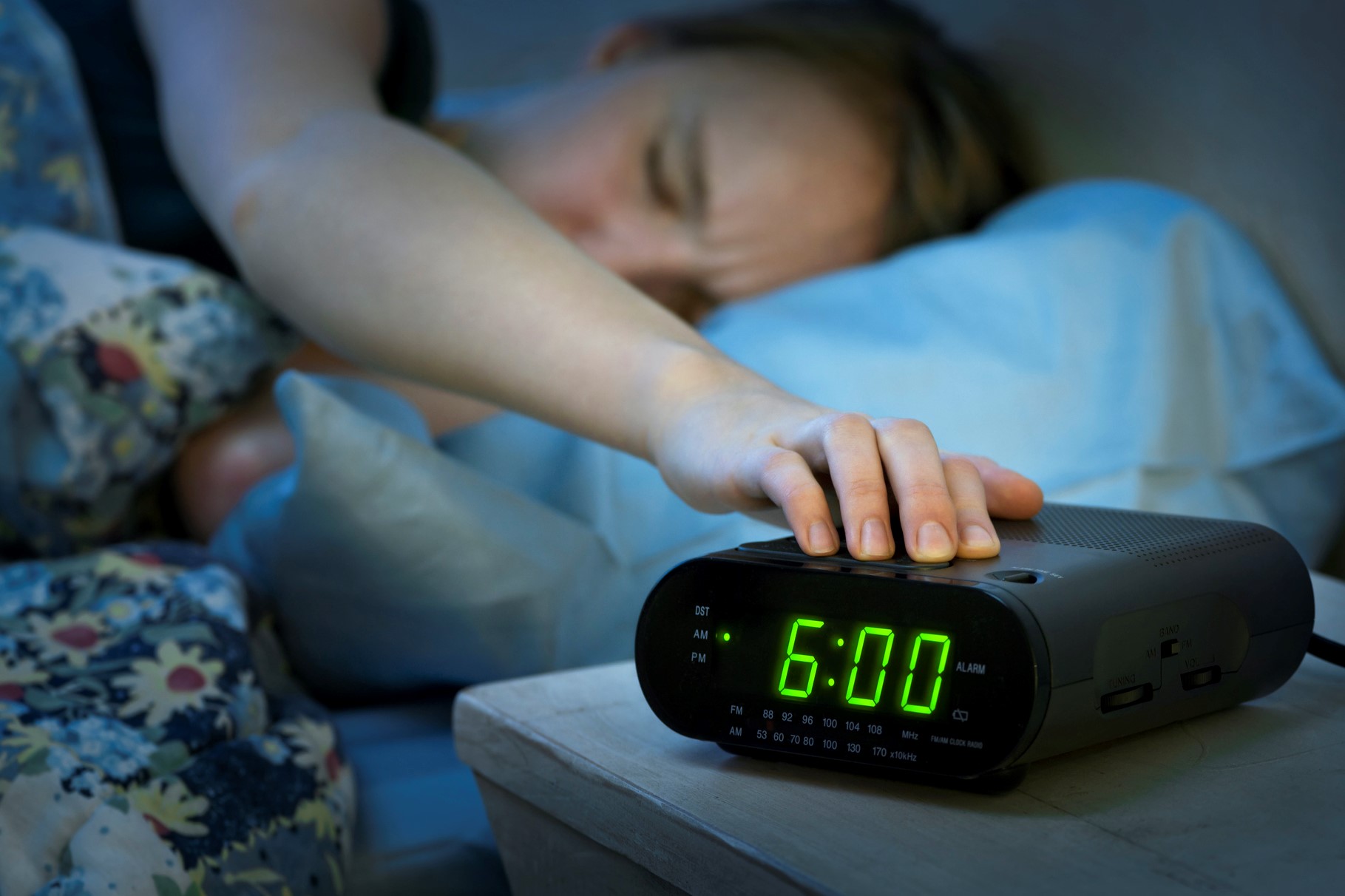
Sleep needs vary from person to person. Sleep is a biological process and, like all such processes in the human body, there is potential variability from person to person based each person’s unique genetic and biological design.
The average number of hours of sleep most adults require is 7 ½ to 8 ½ hours, but may range from six hours to nine hours.
As a general rule, each person requires enough sleep each night to wake up feeling reasonably refreshed and alert during the day. If you feel the need to nap during the day, it is likely that you aren’t getting enough sleep at night.
A simple way of assessing whether or not you are getting enough sleep during the week is to compare the number of hours of sleep you get during the week and the number of hours you get on weekends. If there is any discrepancy between the two, you are likely not getting enough sleep during the week.
However, it is also important to recognize that while the number of hours of sleep you get each night is important, the timing of your sleep relative to the biological timing of sleep determined by your internal body clock is equally important.
Every human has a biological clock in their central nervous system that determines the timing of sleep that is not based on your mandated sleep period that is required for your schedule, but rather a result of your genetic design (your circadian rhythm). So, if you are a night owl who has to wake up at 6 a.m. every day, even if you obtain eight hours of sleep, it is unlikely you will fully realize the benefits of sleep as you may if you were able to sleep in the correct window of sleep relative to your natural circadian rhythm.

